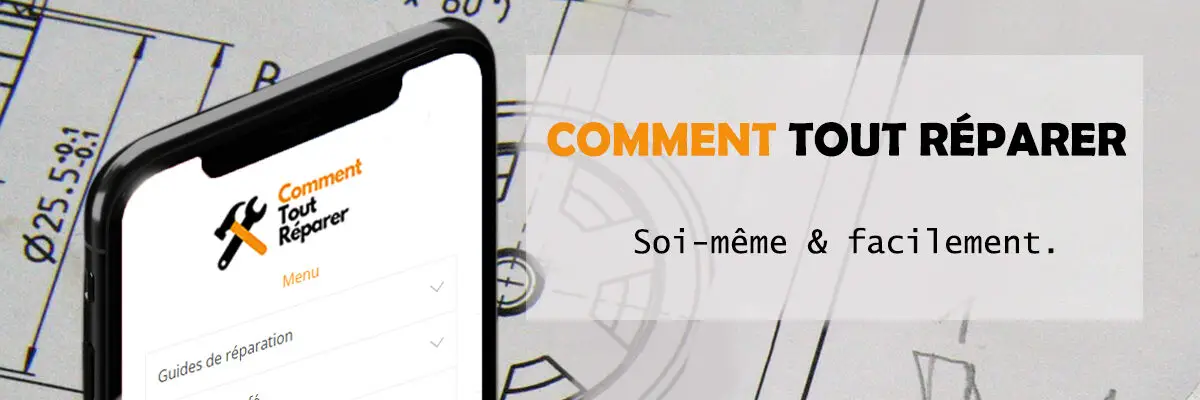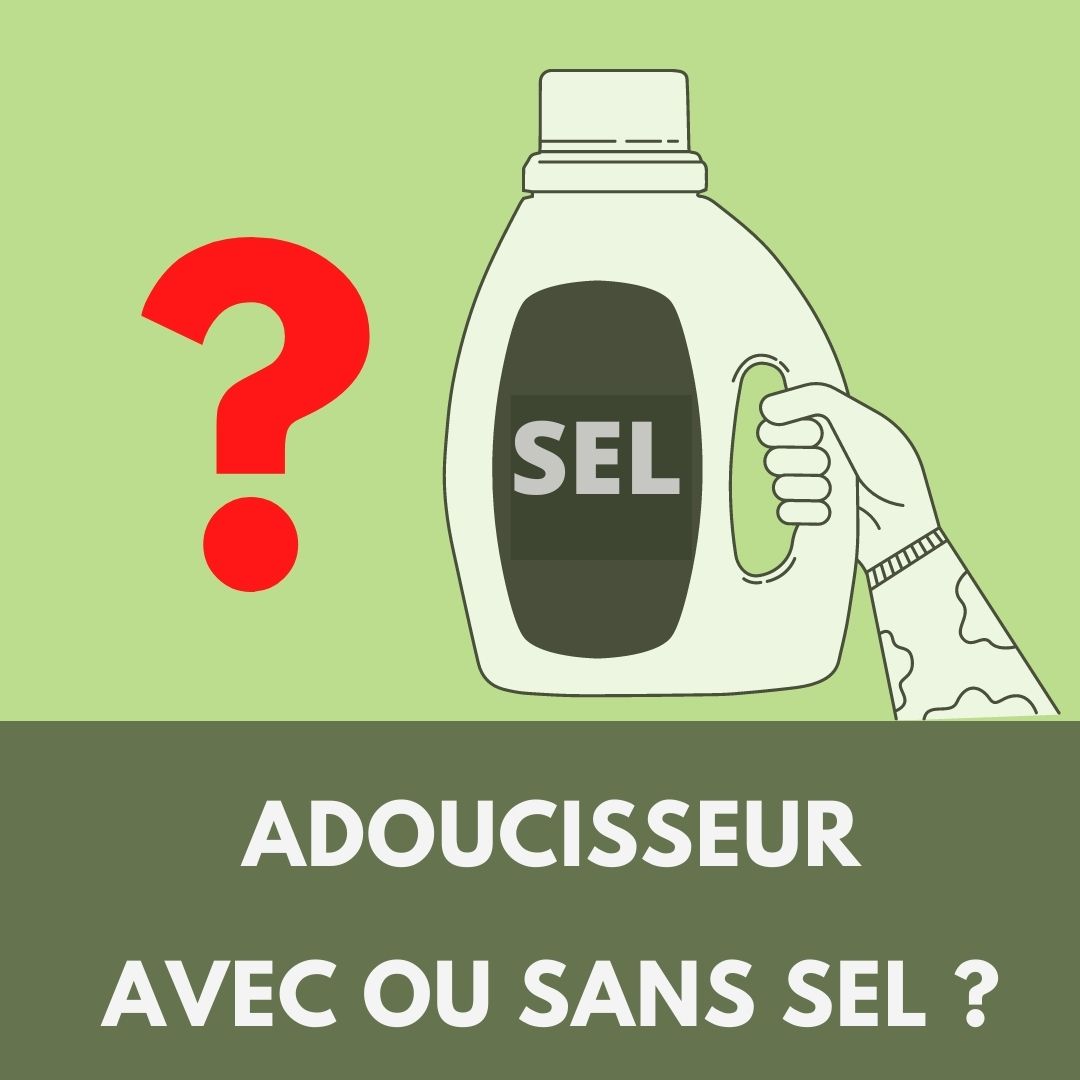Last update September 3rd, 2022
Water softening consists in reducing the hardness of water (its limestone content). Because if the presence of calcium (limestone) and magnesium in water is good for covering 1/3 of human needs, they are harmful for:
- Pipes and drains that scale and become clogged;
- household appliances that deteriorate more quickly or even break down because of limescale deposits.
A softener can be accompanied by other complementary water treatment systems (filtration, purification).
Different softening techniques are available on the market: softeners with or without salt. An overview of the advantages and disadvantages of these two methods.
What is the benefit of a water softener?
By reducing the concentration of calcium and magnesium in water, a water softener allows:
- descale your household appliances (water heater, coffee machine, kettle, washing machine, etc.) less often: less exposed to limescale, you increase their durability and reduce possible breakdowns;
- reduce limescale deposits in pipes and prevent potential blockages or leaks;
- Reduce the amount of household products needed: limescale reduces the effectiveness of household products, so you use more than you need.
With a water softener you do:
- an ecological gesture by reducing your consumption and discharge of chemical products
- an economic gain by reducing household appliance breakdowns and pipe blockages.
Advantagesand disadvantages of water softeners with salt
In a salt water softener, the water is softened (removed from calcium and magnesium) by exchanging sodium ions in a resin. The resin must be regenerated regularly thanks to the regeneration salts, then rinsed to evacuate the salted water (this action is done automatically with the softeners without electricity thanks to a water meter or can be programmed in the case of softeners with electricity). The salt is a consumable that must be bought regularly to regenerate the resin each time it is needed.
To the credit of softeners with salts: you use less detergents with softened water.
How to soften water without salt?
The salt-based process is the only one that really softens water by removing calcium and magnesium.
In a salt-free system, the minerals remain in the water, it is their structure that is modified to remove their scaling properties. These salt-free water softeners are more like anti-scaling agents, they prevent limescale from being deposited on surfaces, dishes, sinks, bathtubs, tiles, pipes, etc., but do not remove it from the water.
Here is an overview:
- Anti-scale or CO2 softeners: a small quantity of CO2 gas is injected and dissolves the scale, preventing it from settling on the pipes, the only consumable is the CO2;
- anti-limescale or water softener with a zinc anode: by chemical reaction, the limestone clings to the released zinc ions and does not settle:
- anti-limescale or magnetic water softener : a magnetic field crystallizes the limescale in powder form in the water and prevents it from settling in the pipes;
- anti-scale or electronic water softener: same principle as the previous one, the magnetic field is replaced by electrical impulses;
- anti-scale or chemical water softener: polyphosphates neutralize calcium ions to prevent the precipitation of calcium carbonate and prevent deposits.
Advantages of salt-free water softeners
They are of two kinds:
- ecological: no use or discharge of salts, no excess water consumption due to resin regeneration;
- economical: simple installation, no need for evacuation, no need for consumables (salts), almost no maintenance.
Water softener with or without salt: which one to choose?
A salt water softener removes limescale and magnesium, and is the only one that gives soft water. So if soft water is what you want and you don’t want limescale in your water, look for a salt water softener. Water softeners without salt leave the mineral salts in the water, the limestone remains in the water but loses its scaling properties, it does not settle (as for softeners with salt) on pipes, showers, sinks, appliances, etc.


